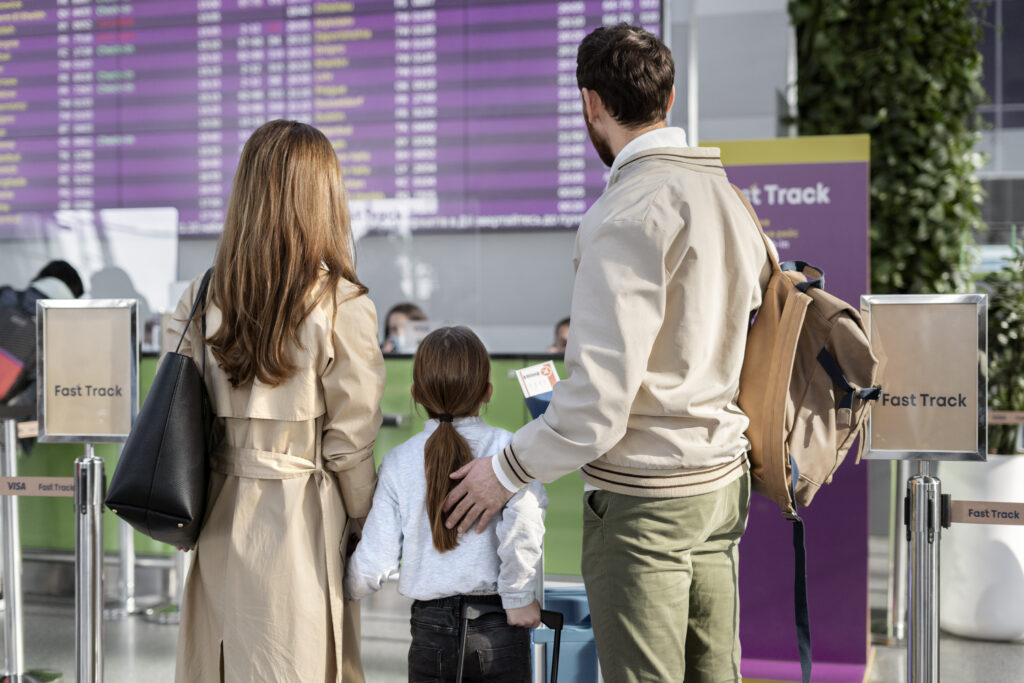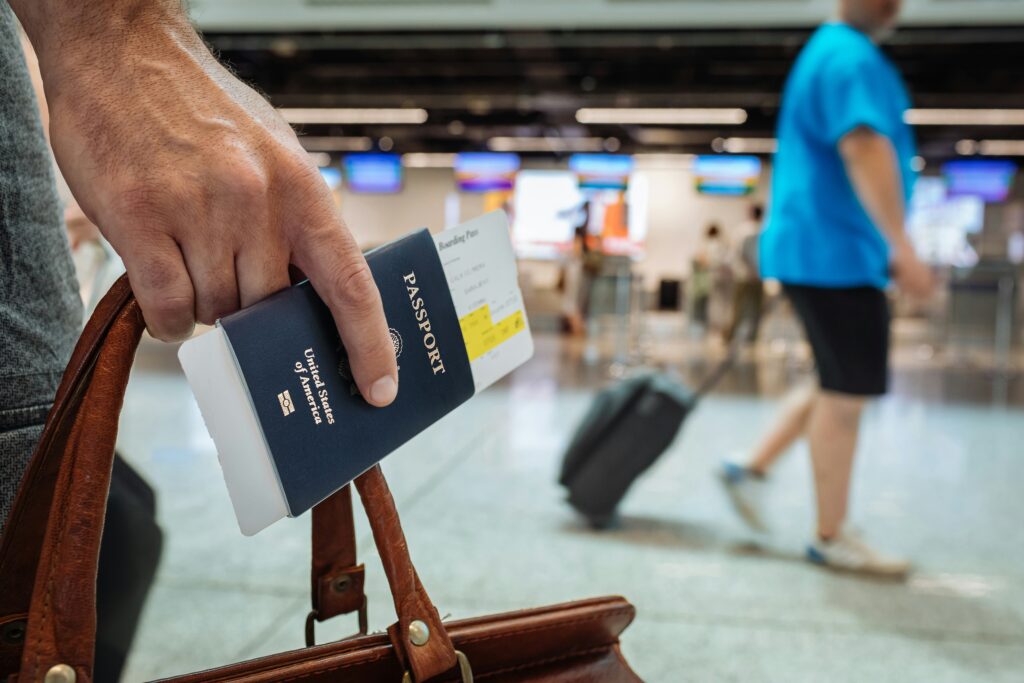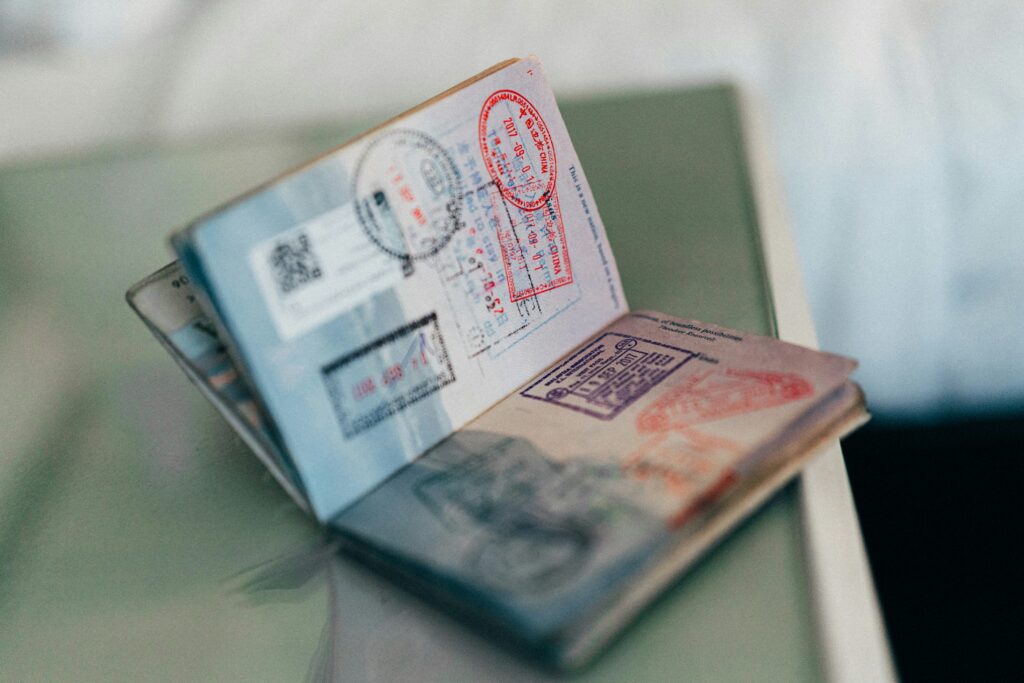Thailand’s reputation as one of the world’s most desirable remote work destinations continues to grow and for good reason. From high-speed connectivity and international-standard healthcare to year-round warm weather and a thriving expat community, Thailand offers the ideal base for digital nomads and location-independent professionals.
Recognizing this, the Thai government introduced the Destination Thailand Visa (DTV) in 2024 a long-awaited visa category designed specifically for global citizens who want to live in Thailand while earning income abroad.
If you’re considering the DTV as your gateway to a longer, more stable stay in Thailand, this guide outlines everything you need to know in 2025 from eligibility and conditions to application procedures and legal considerations.
What Is the Destination Thailand Visa?
The Destination Thailand Visa (DTV) is a multiple-entry long-stay visa designed for digital nomads, remote professionals, cultural participants, and their dependents. It enables foreigners to remain in Thailand for extended periods without engaging in local employment or business activities tied to the Thai economy.
The visa reflects Thailand’s strategic pivot toward welcoming global professionals while maintaining regulatory boundaries between foreign-sourced and domestic income.
Key Features of the DTV Visa (As of 2025)
- Five-Year Validity: The DTV is valid for up to five years from the date of issuance.
- Multiple Entries: Visa holders may enter and exit Thailand as often as needed during the five-year period.
- 180-Day Stays per Entry: Each entry grants a stay of up to 180 consecutive days.
- Single Extension per Entry: Each 180-day stay can be extended once, for an additional 180 days, bringing the maximum stay per entry to 360 days. Approval of the extension is discretionary and requires the submission of additional documents.
- Exit & re-entry cycle: After the maximum 360-day stay on a given entry, you must leave Thailand and re-enter to start a new 180-day period.
- Eligibility for Dependents: Spouses and children under 20 may be included under the primary applicant’s DTV status.
Visa Fee: Typically around THB 10,000, but the exact amount is set and collected by each embassy/consulate in local currency.
Who Is the DTV Visa For?
The DTV is intended for foreign nationals who are self-sufficient and earn their income from non-Thai sources. It is particularly suited for:
- Remote employees of overseas companies
- Freelancers or consultants with foreign clients
- Digital entrepreneurs operating businesses abroad
- Cultural participants, such as students of Thai language, cuisine, or martial arts
- Dependents of eligible applicants (spouses and minor children)
Important Limitation: While the DTV allows you to live in Thailand, it does not permit local employment or provide services to Thai clients. That said, you are free to explore opportunities during your stay. If you later secure a job or decide to set up a business in Thailand, you’ll need to switch to the appropriate visa type such as canceling the DTV and applying for a Non-B visa.
Destination Thailand Visa (DTV) Eligibility Requirements (Updated for 2025)
To qualify for the DTV, applicants must meet a specific set of financial, legal, and personal criteria. These include:
Primary Applicant Requirements
- The minimum age requirement for the DTV is 20 years old.
- No fixed USD 40,000/year income requirement for DTV; provide proof of funds (THB 500,000) or a sponsorship letter, as required by the embassy/consulate.
- Must not have a criminal record or pose a threat to national security
- Must provide evidence of foreign health insurance coverage that meets Thai immigration standards
- Must not seek employment in Thailand or derive income from Thai sources
Dependents (Spouse and Children)
- Spouse must be legally married to the primary applicant
- Children must be under 20 years of age
- Dependents must provide their own documentation and are subject to separate application processing

What You Need to Apply
Core documents
- Passport (valid at least 6 months beyond intended stay)
- Recent passport photo (white background)
- Proof of current location/residency in the jurisdiction of the processing embassy (e.g., entry stamp, residence permit)
- Visa fee (national guideline THB 10,000, collected in local currency)
- Financial evidence: commonly THB 500,000 in liquid funds; some embassies ask for more provide 3-6-month bank statements; payslips and/or a sponsor letter can help
- Health insurance meeting Thai immigration expectations
Purpose of stay
Workcation / Remote work
- Employees: Employment contract or certificate of employment; a letter confirming remote status and ongoing salary; recent payslips/tax return
- Business owners: Cover letter; certificate of incorporation; recent corporate tax return/financials
- Freelancers: Portfolio and evidence of active engagements (invoices, contracts, or verified platform profiles such as LinkedIn/Upwork/website) , income/tax records, and a signed letter confirming work is for non-Thai clients only.
Soft power / Cultural & wellness programmes
- Enrollment/acceptance for a structured programme (e.g., Muay Thai, culinary arts, traditional medicine/wellness)
- Provider’s registration documents and course outline and ID/passport of authorised signatory
- Practical expectation: programmes of ~6 months or longer are far more likely to be accepted
Dependents
- Proof of relationship (marriage certificate; birth/adoption certificate) and copies of the principal applicant’s DTV approvals.
Officer discretion applies. There’s no single universal checklist, embassies can request extra items (residency proof, bank history, programme details) before granting a visa.

How to Apply for the Destination Thailand Visa
The DTV application process is conducted online through Thailand’s e-visa platform or at a Royal Thai Embassy or Consulate abroad. Here’s a step-by-step guide to help you navigate the process:
Step 1: Gather Required Documents
Before applying, ensure you have the following documents ready:
- Valid Passport: Your passport must be valid for at least six months beyond your intended stay.
- Passport-Sized Photo: A recent photo with a white background.
- Proof of Financial Stability: You need to show at least 500,000 THB in savings or have a financial sponsor in Thailand. Some embassies may require a higher amount, so it’s crucial to check with the specific embassy handling your application.
- Proof of Residence: Some embassies require proof of residence in the host country, so be prepared to provide this if necessary.
- Supporting Documents: Depending on your eligibility, you may need:
- A remote work contract or business registration documents.
- Enrollment confirmation for a cultural program. For Soft Power activities, programs lasting at least six months are recommended to increase approval chances.
Step 2: Submit Your Application
You can now apply online through Thailand’s E-Visa website or visit a Royal Thai Embassy or Consulate in another country. However, some embassies do not accept walk-in applications, so it’s best to check ahead of time.
- Application Location: Apply from outside Thailand via the Thai e-Visa system or at a Royal Thai Embassy/Consulate that has jurisdiction over your place of legal residence.
- Document Submission: Upload or submit all required documents.
- Visa Fee: The fee typically ranges around 10,000 THB but can vary by country.
Step 3: Await Background and Eligibility Review:
- Applications are reviewed for accuracy, financial stability, and eligibility. Processing times vary depending on the applicant’s nationality and supporting documents.
- Visa Issuance: If approved, you’ll receive an electronic visa via email or a visa sticker in your passport if applying in person.
Step 4: Entry and 180-Day Stay Begins:
Upon arrival, the visa holder will be granted a 180-day stay, with the option to apply for a one-time extension during that period. Each 180-day stay under the DTV can be extended once, resulting in a maximum single stay of 360 days.
The extension must be requested through a local immigration office and typically involves a fee and documentation showing continued eligibility. After reaching the 360-day maximum on that entry, you must exit and re-enter to start a new 180-day period.
However, the five-year validity of the visa itself is not extendable. Once the five years have passed, a new application must be submitted.

Key Legal Considerations for DTV Holders
Although the DTV offers flexibility, it also comes with legal limitations that applicants must understand:
- No Local Employment: You cannot work for a Thai employer or generate income from Thai sources under this visa. Violations can lead to cancellation and blacklisting.
- Tax Residency Risk: If you remain in Thailand for 180 days or more in a calendar year, you may be classified as a Thai tax resident. In such cases, foreign income brought into Thailand is subject to Thai income tax.
- 90-Day Reporting: DTV holders must report their address to Thai immigration every 90 days. Failure to comply can result in fines or visa issues.
Re-Entry Permits: The DTV itself is multiple-entry (no re-entry permit needed to keep the visa), but if you’ve obtained an in-country extension of stay, you must get a re-entry permit before travel to preserve that extension.
Stay Ahead of the Curve with Expert Guidance
Applying for the Destination Thailand Visa in 2025 isn’t as simple as checking a few boxes. With embassy-specific rules, evolving eligibility criteria, and varying interpretations of acceptable documentation, it’s easy to encounter unexpected roadblocks.
Let SVBL handle the complexities while you focus on building your life in Thailand. Schedule a consultation to get a clear, compliant, and confident application strategy tailored to your circumstances.


